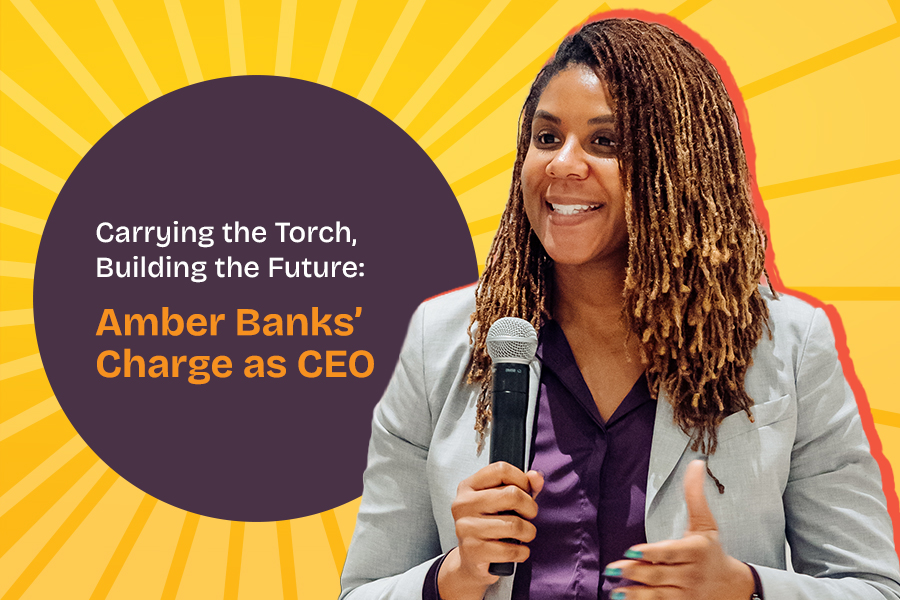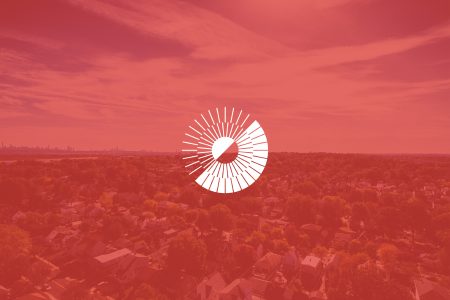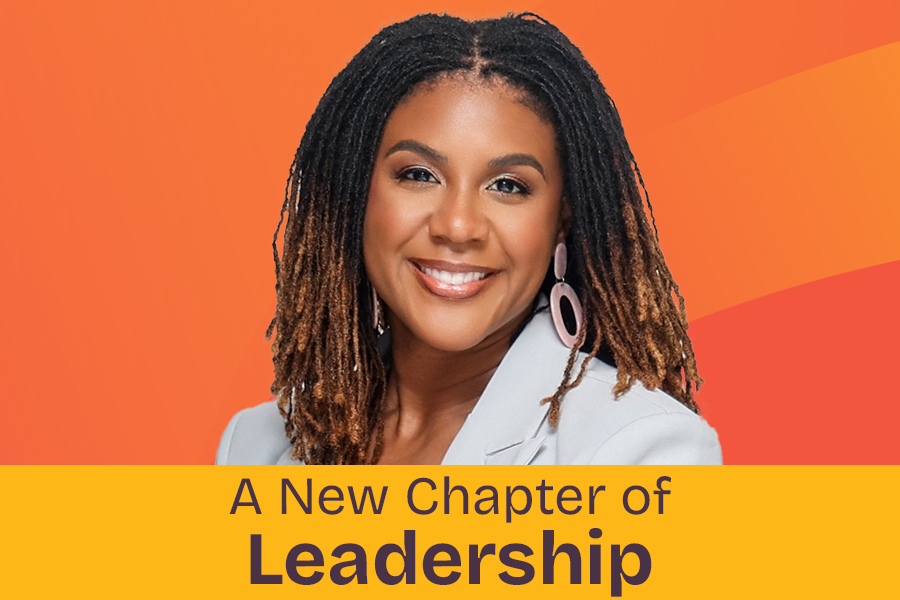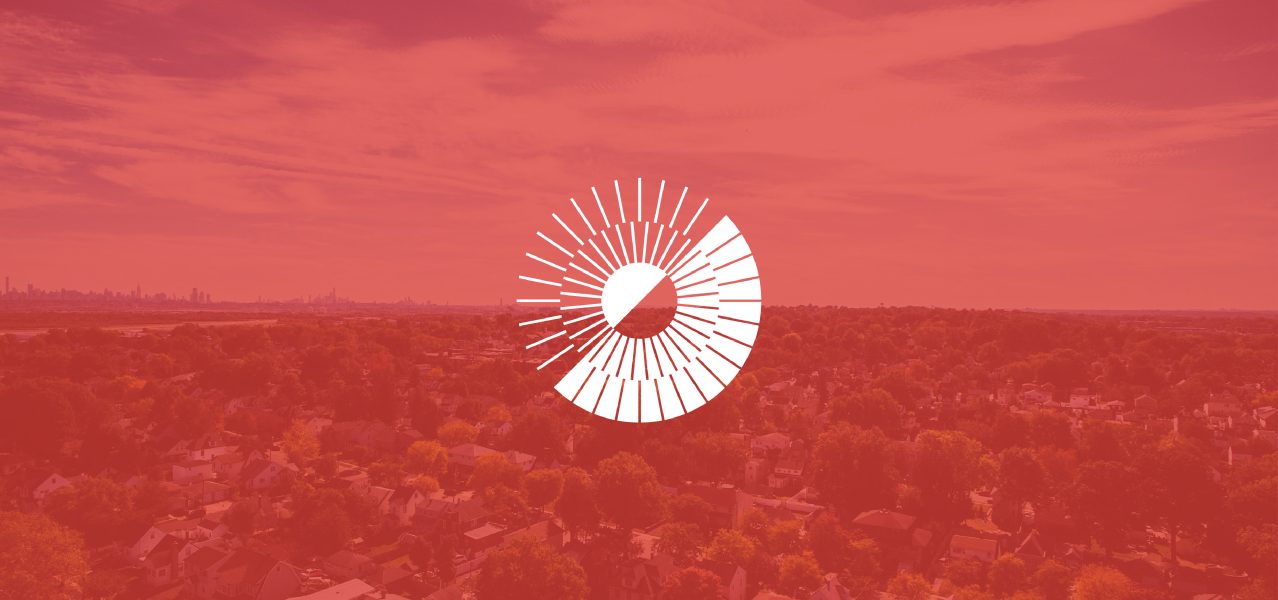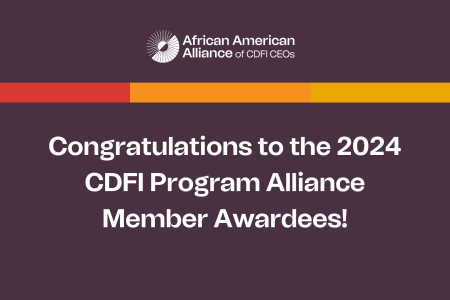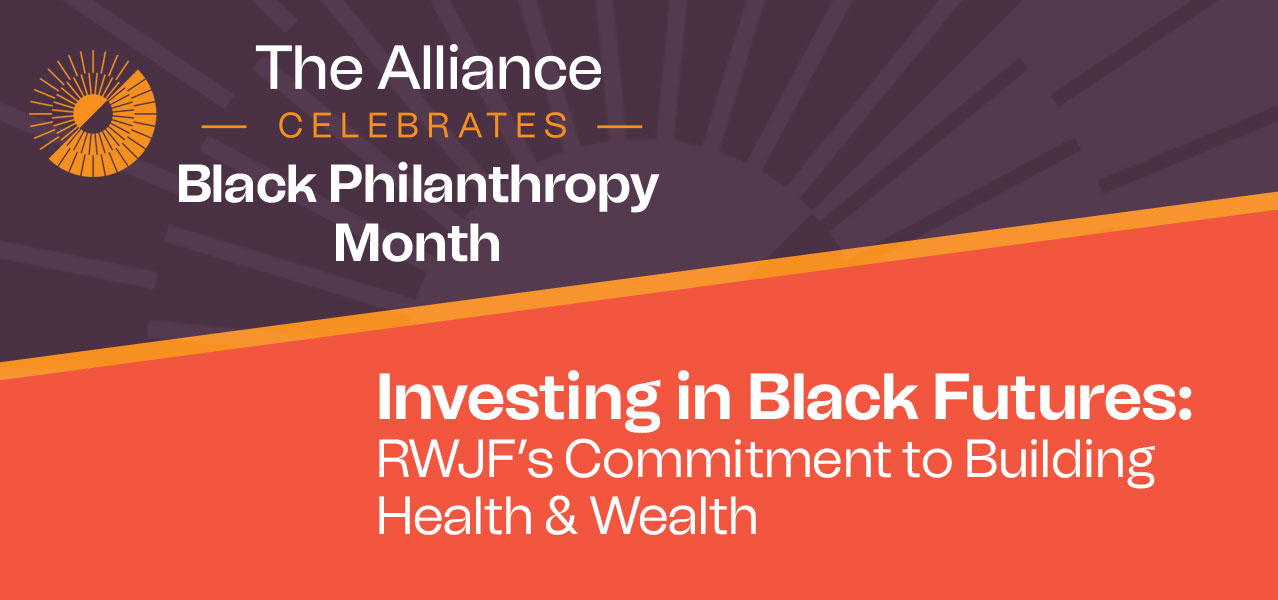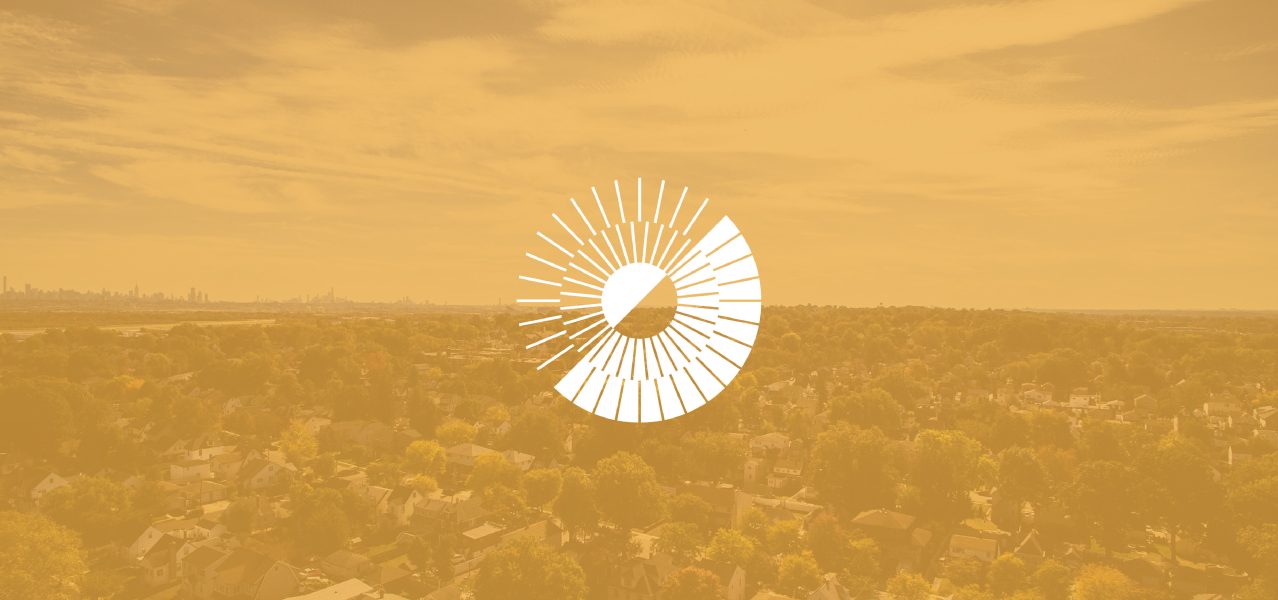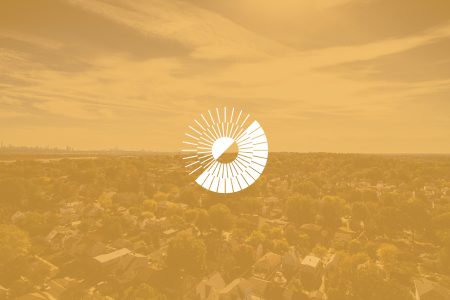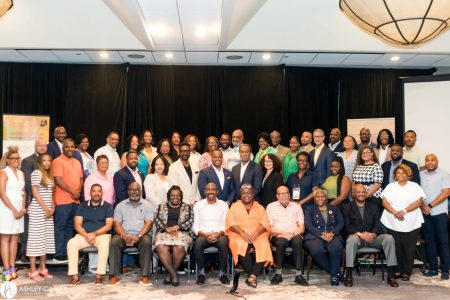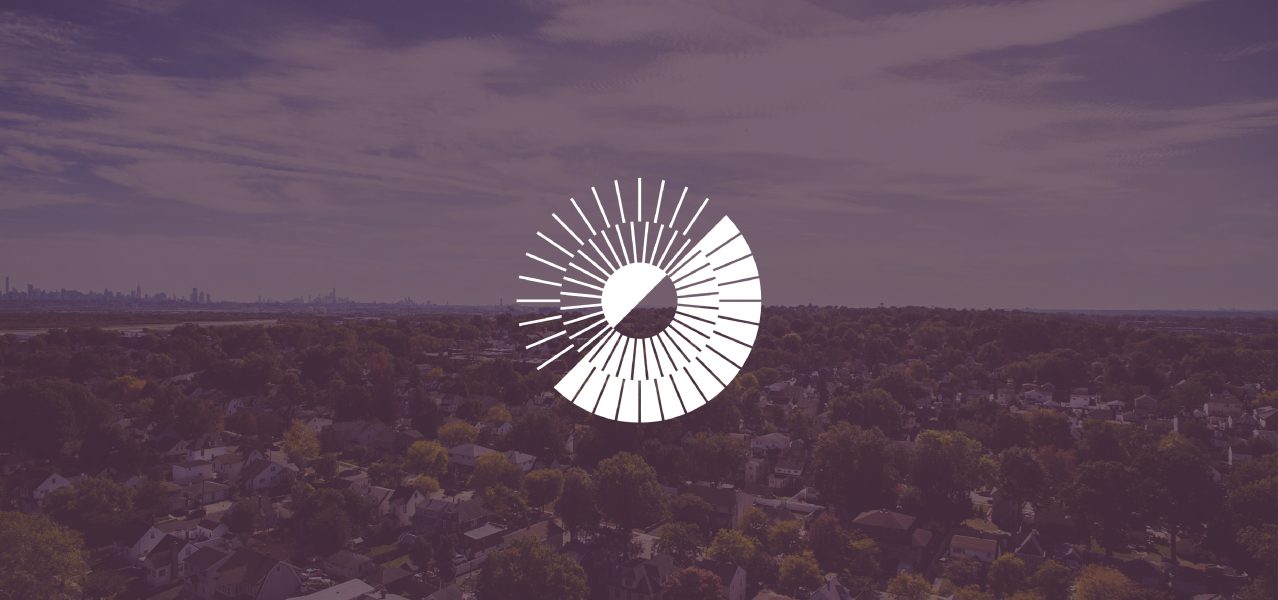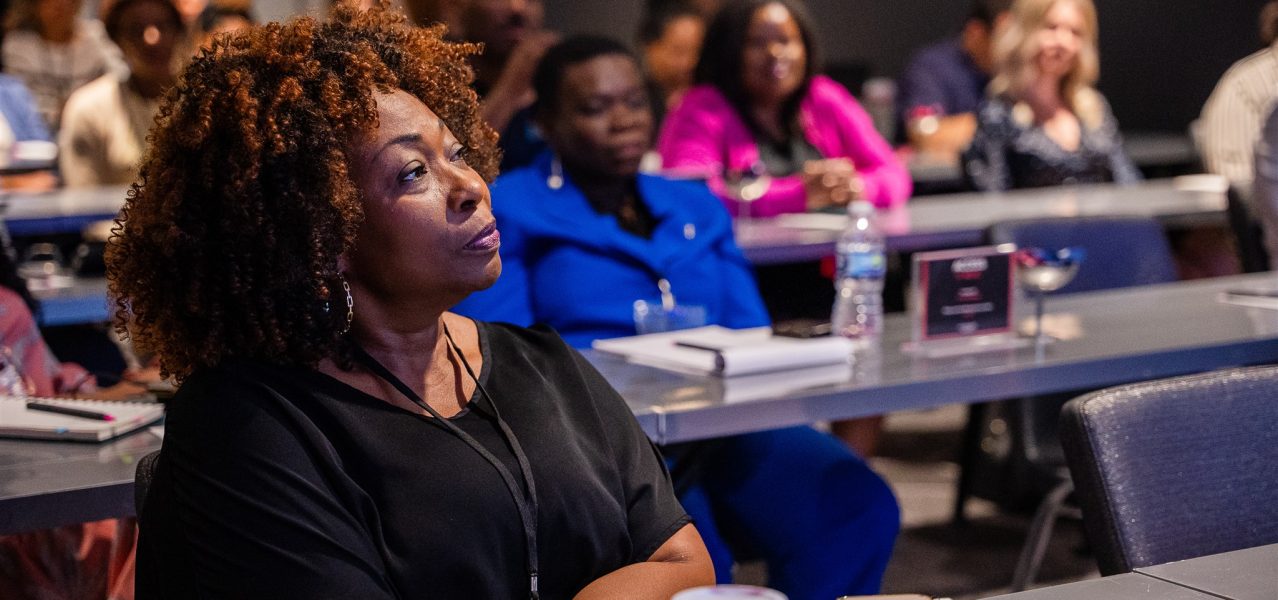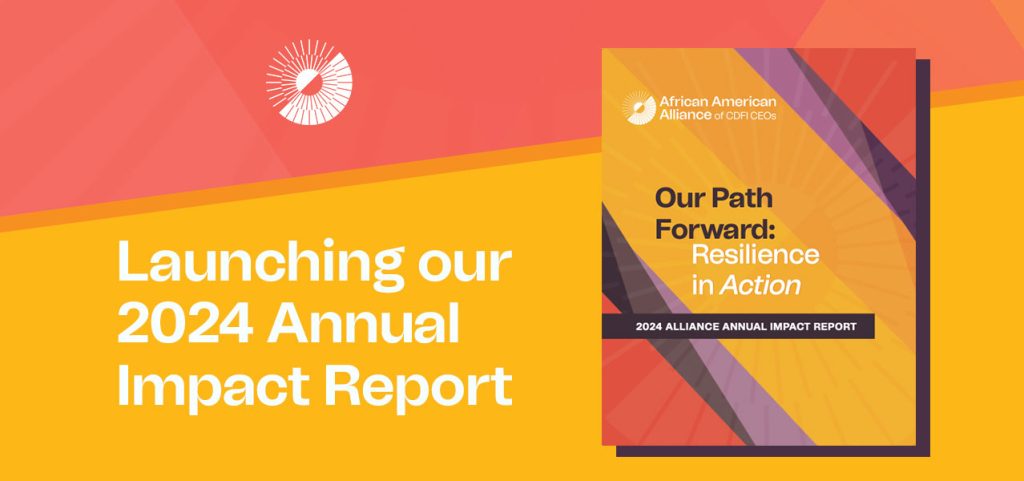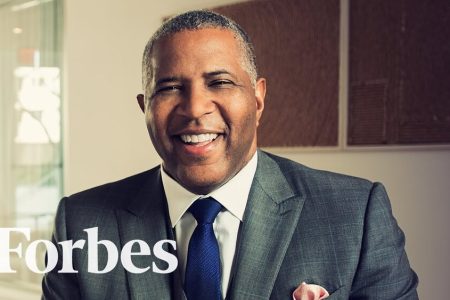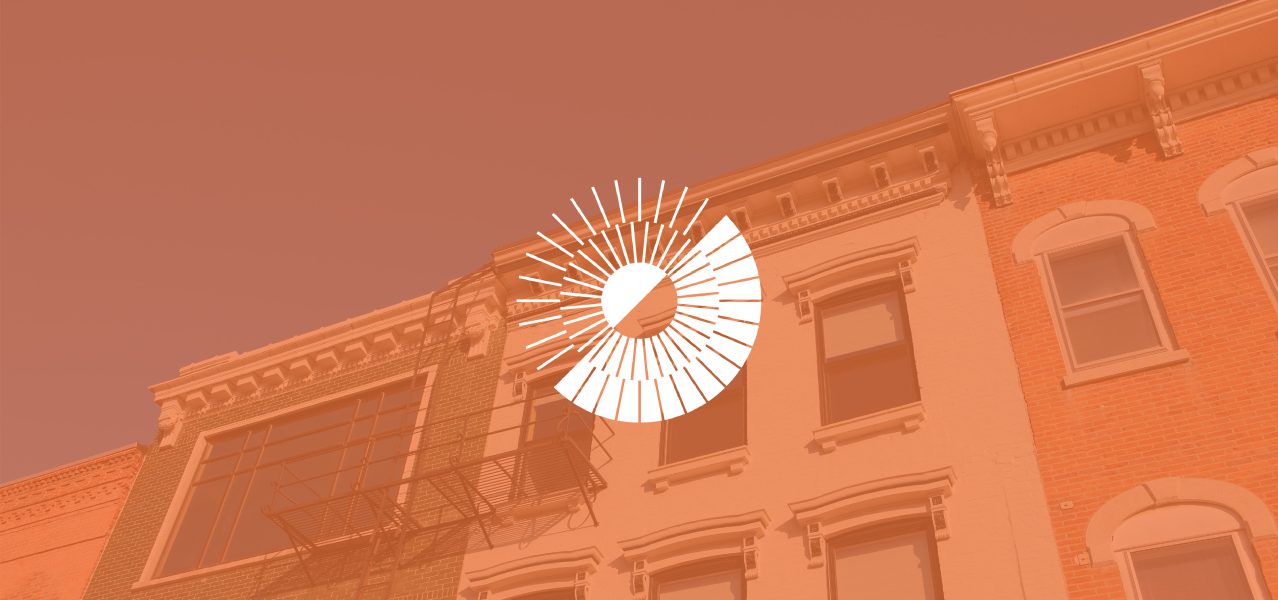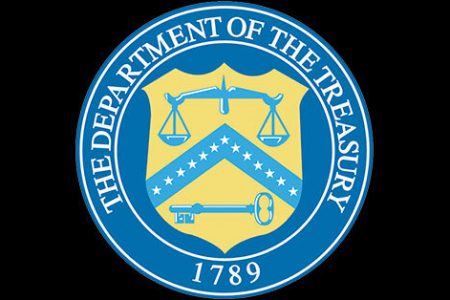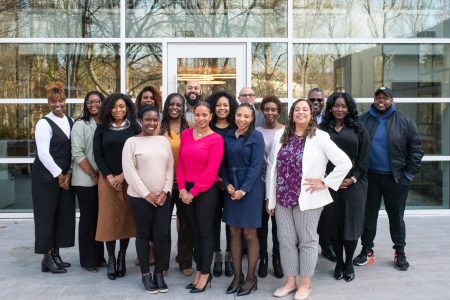The Voting Rights Act of 1965 was one of the most important victories of the Civil Rights Movement. Passed in the wake of Bloody Sunday in Selma, Alabama, and decades of Jim Crow voter suppression, it outlawed discriminatory voting practices like literacy tests, poll taxes, and intimidation that kept Black voters from the ballot box. Most importantly, it required states with a history of racism to get federal approval before changing their voting laws or redistricting to prevent backsliding into segregationist tactics.
For decades, it worked. Black voter registration soared. Local governments were finally held accountable. But over time, opponents began to quietly, methodically chip away at the Act and now, quite overtly.
The Modern Assault In 2013, the Supreme Court gutted a major part of the Voting Rights Act (Shelby County v. Holder), removing the “preclearance” requirement. That opened the floodgates, and states have then raced to redraw congressional maps, close polling places, and push restrictive ID laws under the guise of race-neutral reforms.
For example, in Louisiana, after the 2020 census, the state’s Republican-led legislature passed a congressional map with just one majority-Black district, despite the fact that Black residents make up nearly one-third of the population. Civil rights groups sued under Section 2 of the Voting Rights Act, a provision that prohibits racial discrimination in voting, and a federal court agreed the map illegally diluted Black voting power. The court ordered a second majority-Black district, and the legislature reluctantly complied.
Subsequently, a new lawsuit was filed, Louisiana v. Callais, claiming that creating a second majority-Black district was itself a racial gerrymander and unconstitutional. In short, they argued that following the Voting Rights Act violated the Constitution. The Supreme Court appears eager to entertain that argument as it asked the parties to re-brief the case with a new focus, namely, whether the intentional creation of a second Black-majority district violates the 14th and/or 15th Amendments.
At this juncture, it won’t just affect Louisiana. It will send shockwaves through every state where race-conscious districting has helped ensure minority representation. It will all but guarantee whiter, more conservative legislatures. And it will launch the unraveling of nearly every federal protection designed to address historical injustice and systemic inequality.
Meanwhile, in Texas, lawmakers have packed or cracked communities of color by stuffing minority voters into one district or scattering them to weaken their political power so they’re politically irrelevant. In July 2025, Texas Republicans unveiled a mid-decade redistricting map aiming to flip five Democratic House seats by reshaping districts in Austin, Dallas, Houston, and South Texas. The map adds two new majority-white districts, dilutes communities of color in Tarrant County and Central Texas, and transforms solidly Democratic seats to ensure Republican holds in the 2026 midterm elections. Despite a long history of courts finding Texas maps in violation of the Voting Rights Act, GOP lawmakers are pushing forward due to pressure from Trump. As of August 4, Texas Democrats have fled the state in an attempt to delay a vote on the proposed redrawn maps.
In Florida, Governor DeSantis championed a map that dismantled a district designed to empower Black voters. In 2025, emboldened by a state Supreme Court decision upholding that map, DeSantis and Florida Republicans began pushing for a new round of redistricting, claiming the 2020 census was flawed and attacking the state’s Fair Districts Amendments as unconstitutional. The move could target several Democratic-held seats and further dilute the voting power of communities of color, mirroring Texas’s strategy and signaling a coordinated effort to entrench Republican power through gerrymandering. These are deliberate and calculated attacks using the law to suppress the very voters it once sought to protect.
It’s Bigger Than Voting
Over the last couple of years, there have been concerted efforts to destabilize the earned protected status of marginalized groups. These strategic actions are slowly turning back the clock on civil rights progress and returning to a period in our nation’s history where the rights of marginalized groups were an afterthought.
The noticeable pattern:
In 2022, Roe v. Wade was overturned, stripping reproductive rights and deepening inequality in healthcare access. While all women are affected, the consequences are compounding for those in low-income and rural areas and women of color, who already face disproportionalities in mortality rates and quality access to care.
In 2023, Affirmative action (Students for Fair Admissions v. Harvard) was gutted, ending race-conscious college admissions and undermining diversity in higher education. Affirmative action was created to address historic exclusion and expand opportunities for students of minority demographics. Its removal undercuts efforts to diversify higher education and reinforce privilege-based admissions, such as legacy admissions and donor preferences.
In 2024, the Chevron deference was dismantled, giving Trump-appointed judges more power to reject federal agency regulations. Chevron deference ensured experts, not
partisan judges, guided how laws were implemented. This shift threatens regulatory protections, including civil rights, environmental protection, and fair housing.
Now in 2025, Section 2 of The Voting Rights Act, the last major safeguard against racial discrimination in voting, may be struck down. It has helped ensure fair representation for Black and other communities of color by blocking gerrymandering maps, voter suppression laws, among many other discriminatory tactics.
All of this reveals a clear strategy to dismantle every safeguard meant to protect marginalized communities. Each decision erodes the very idea that government should play a role in correcting injustice.
What We Should Be Doing
To combat these attacks, we need targeted and united actions. The Voting Rights Act or any other civil rights policies weren’t passed out of goodwill; it was done because activists marched, fought, organized, and demanded change.
In this moment, these are efforts we can take:
- Stay apprised and informed of your state’s voting laws and redistricting efforts.
- Support local candidates and legal groups on the frontline and attend local redistricting hearings.
- Encourage your representatives to consider bills that would reinstate preclearance requirements, allow same-day registration, and ban purging voters simply for missing a few elections. While they may face some challenges in the current Congress, this is a critical step in the ongoing fight to stabilize voting rights.
We must not stand idly by as we regress to a period of American history that did not foster equality for all. Minimizing and diluting the voting power of Black and Brown Americans due to coercion from a sitting president is to the detriment of democracy, which has long been the foundation of this country. When we weaken the right to vote, we weaken the voice of the people. That loss of political power subsequently limits the ability to influence budget priorities, advocate for equitable public investments and demand reforms that expand access to education, housing and healthcare.
A silenced vote hinders our ability to demand justice, shape policy, and hold leaders accountable. All of which are foundational to closing the racial wealth gap and ensuring the economic and social future of the nation.
During challenging times like these, we must remember and embody the words of civil rights activist and politician John Lewis, who once said, “Do not get lost in a sea of despair. Be hopeful, be optimistic. Our struggle is not the struggle of a day, a week, a month, or a year, it is the struggle of a lifetime. Never, ever be afraid to make some noise and get in good trouble, necessary trouble.”

